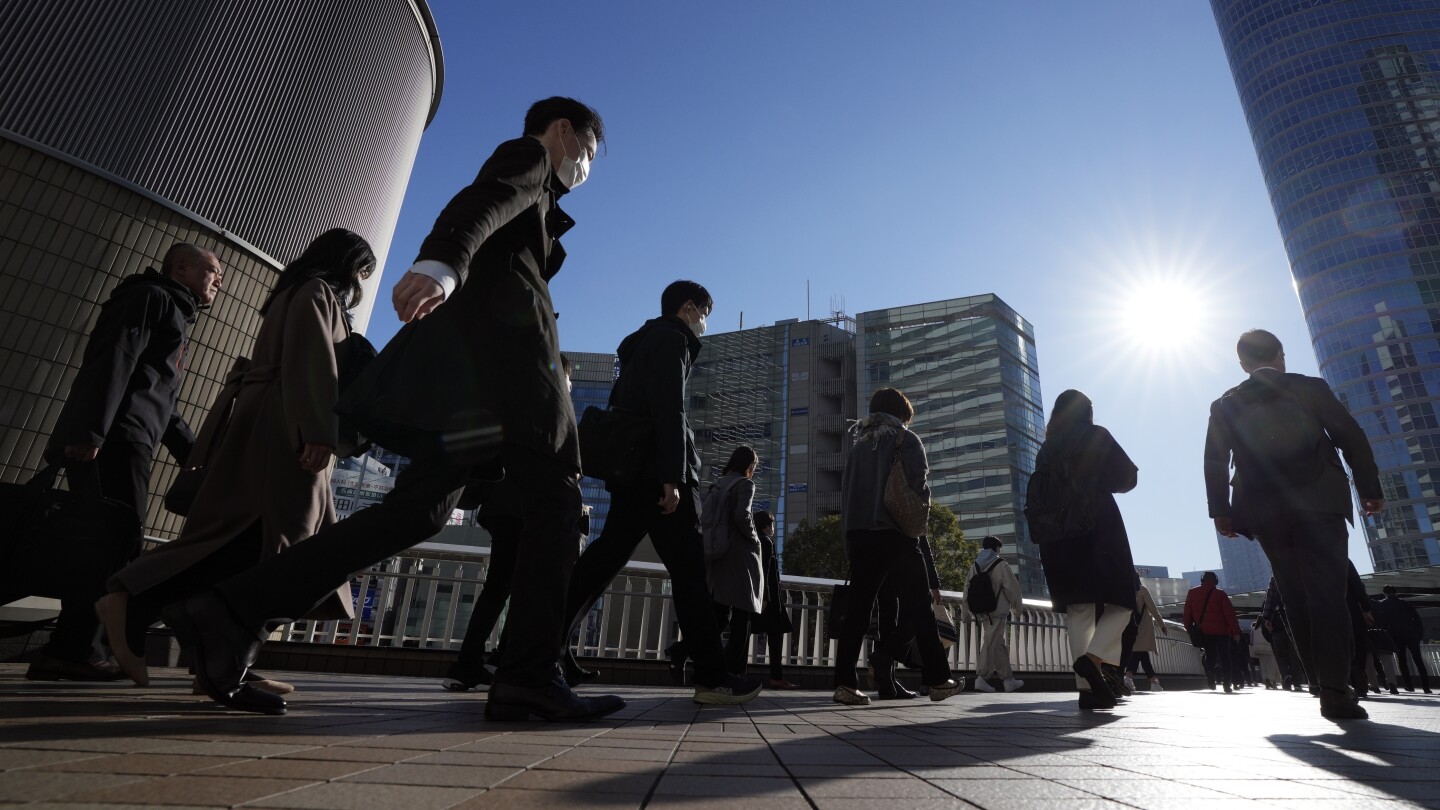- cross-posted to:
- japanlife
- cross-posted to:
- japanlife
Japan, a nation so hardworking its language has a term for literally working oneself to death, is trying to address a worrisome labor shortage by coaxing more people and companies to adopt four-day workweeks.
The Japanese government first expressed support for a shorter working week in 2021, after lawmakers endorsed the idea. The concept has been slow to catch on, however; about 8% of companies in Japan allow employees to take three or more days off per week, while 7% give their workers the legally mandated one day off, according to the Ministry of Health, Labor and Welfare.
Hoping to produce more takers, especially among small and medium-sized businesses, the government launched a “work style reform” campaign that promotes shorter hours and other flexible arrangements along with overtime limits and paid annual leave. The labor ministry recently started offering free consulting, grants and a growing library of success stories as further motivation.
“By realizing a society in which workers can choose from a variety of working styles based on their circumstances, we aim to create a virtuous cycle of growth and distribution and enable each and every worker to have a better outlook for the future,” states a ministry website about the “hatarakikata kaikaku” campaign, which translates to “innovating how we work.”



Dunno if it has improved, but Japanese work ethic is an entire beast by itself. It’s so hierarchal and culture based that lots of business management classes even use it as a prime example of how different the system can be depending on where you are.
Someone I knew worked as an engineer at a US company, and they had also brought in some engineers from Japan.
He was expected to work 9-5 yet he said no matter how early he came in, there were always several Japanese workers there, and they would stay as late as 11 pm.
All this despite it being a US company, which doesn’t expect it’s workers to go insane on overtime.
Point being is that it is so ingrained into their society, it is difficult to change, even if there are immediate benefits from a new system.
Kinda. Doing that would actually run them into legal problems in recent days due to cracking down on working conditions. If an employee works without clocking in, they could even be found in violation of law (which is how people used to get around that; social pressure would mean clocking in late and clocking out early yet still working). There is still a social pressure issue to fix, but I think the younger generation has had enough of it on this front; wages are stagnant, inflation is rising, the lifetime employment system is eroding, bonuses are low or gone, etc.